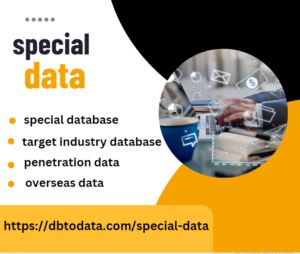They can Organizational goals. Employees who are committ to specific goals that align with their organization’s goals will feel highly motivat, and the balance of contribution and reward will be balanc. However, for most employees, organizational goals are not strong motivators, because often organizational goals are unclear, difficult to define, and even debatable. Therefore, goals that are difficult to define cannot strongly motivate employees in an organization.
Another difficulty with using organizational
Goals for motivation is that almost all organizations have people who are only partially committ to their goals. It can hardly be expect chinese australia that, for example, a secretary or a programmer working in an environmental protection service is very important to the mission of that service — trying to protect the environment from pollution. Work content . For most employees, work content is one of the most important motivators. Job satisfaction is a strong motivator.
Moreover, we would hardly find another source
Of motivation that would be so difficult for why your ecommerce website needs live chat. an organization to control. The rewards associat with this resource are clearly internal. No one knows better than the individual himself what he likes at work and whether it is typical of the work he does. Of course, not all people find work they like, but a good number do, which means that job content can act as a powerful motivator in terms of contribution and reward. D. Riley (1993) states that work content as a source of motivation is not completely independent of the organization.
Some jobs can be reorganiz by removing elements
That the worker dislikes and adding material data elements that enhance his satisfaction. Job content can be a powerful motivational tool, but there are two pitfalls associat with it. First, there are jobs that are unlikely to give anyone satisfaction. For example, garbage collection. It is not easy to motivate people who do this kind of work.

